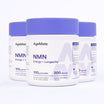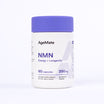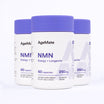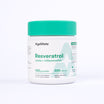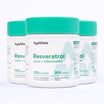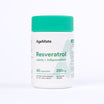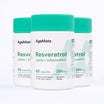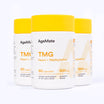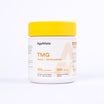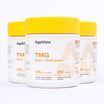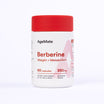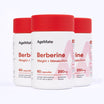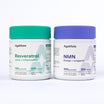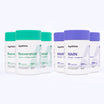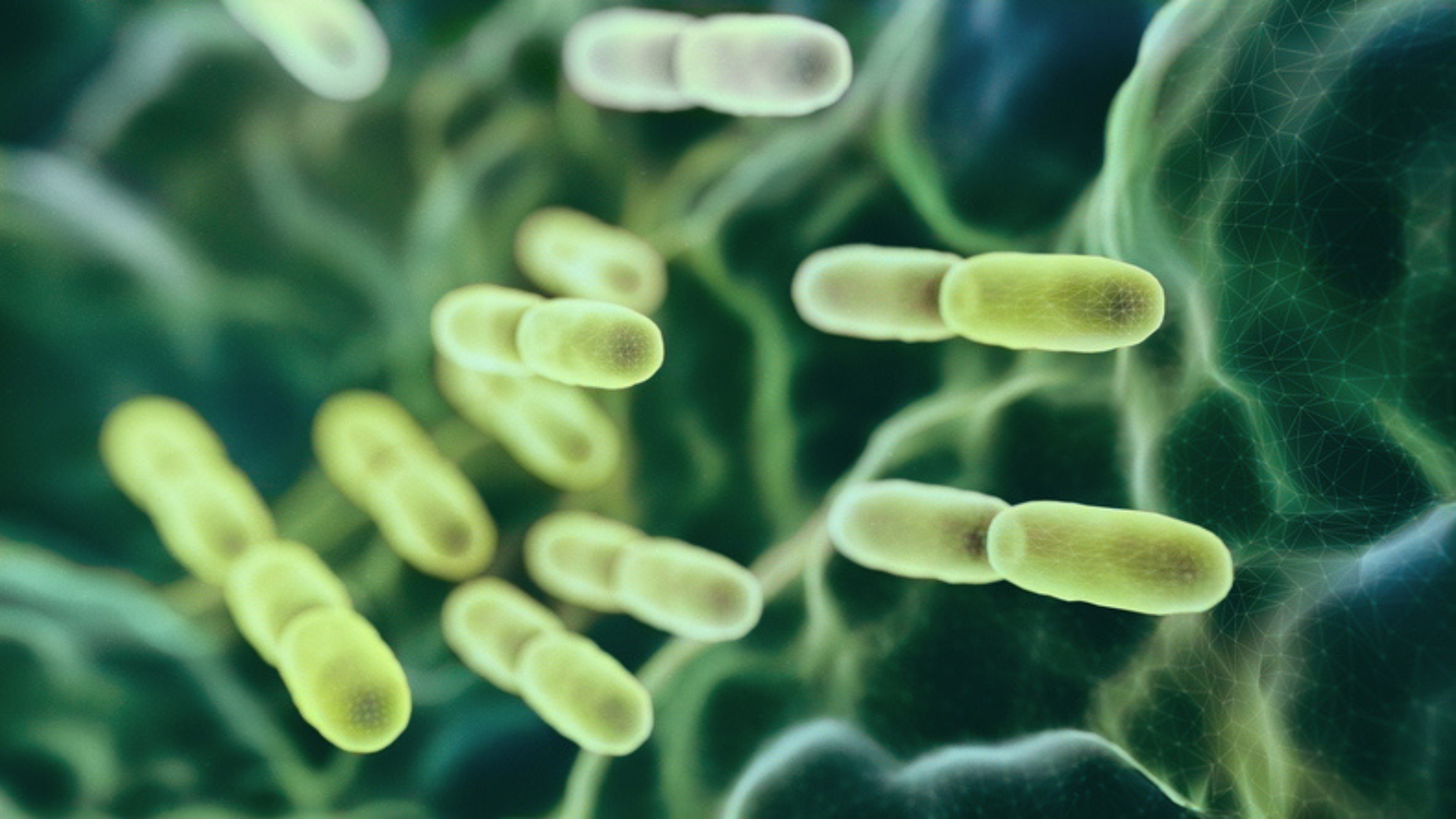In the realm of health and wellness, resveratrol is touted for its numerous benefits, from anti-aging properties to its potential to manage heart health and diabetes. This naturally occurring compound has also been studied for its effects on mental health.
However, an intriguing question arises: Can resveratrol cause anxiety? Let's delve into the evidence to understand the relationship between resveratrol and anxiety.
The Antioxidant Power of Resveratrol
Resveratrol is best known for its antioxidant properties, helping to protect the body against oxidative stress and inflammation—two factors that are often linked to chronic diseases, including those affecting mental health. By mitigating oxidative stress, resveratrol could theoretically have a beneficial impact on anxiety levels. But what could that impact be?
Research on Resveratrol and Anxiety
Studies exploring the effects of resveratrol on anxiety have yielded mixed results, with most research conducted in animal models rather than humans. Some studies suggest that resveratrol may have anxiolytic (anxiety-reducing) effects, potentially through its action on brain pathways involved in mood regulation, such as the serotonin and dopamine systems (R, R, R, R).
For example, a study in rats found that resveratrol supplementation reduced anxiety-like behavior in a maze test, suggesting a possible anxiolytic effect. These findings are promising, but it's important to note that what works in animal models doesn't always translate directly to humans (R).
The Question of Anxiety
Despite the potential benefits of resveratrol on mood and anxiety suggested by animal studies, there is limited evidence to suggest that resveratrol directly causes anxiety in humans. In fact, the anxiolytic effects observed in some animal studies indicate that resveratrol might help mitigate anxiety rather than cause it.
It's crucial to consider the complexity of dietary supplements and their interactions with individual health conditions and medications. While resveratrol is generally considered safe for most people when consumed in moderate amounts, individual responses can vary. Factors such as dosage, existing health conditions, and concurrent use of other supplements or medications can influence the effects of resveratrol, including its impact on mental health.
Final Thoughts
As of now, the evidence does not support the notion that resveratrol causes anxiety. Instead, preliminary research suggests potential benefits for mental health, including anxiety reduction. However, given the limited scope of human studies, further research is necessary to fully understand the relationship between resveratrol and anxiety.
For individuals considering resveratrol supplements, particularly those with existing mental health conditions, consulting with a healthcare provider is advisable. This ensures that supplements complement your health regimen without unintended side effects. As we continue to explore the multifaceted benefits of compounds like resveratrol, maintaining a balanced approach to supplements and mental health remains paramount.



